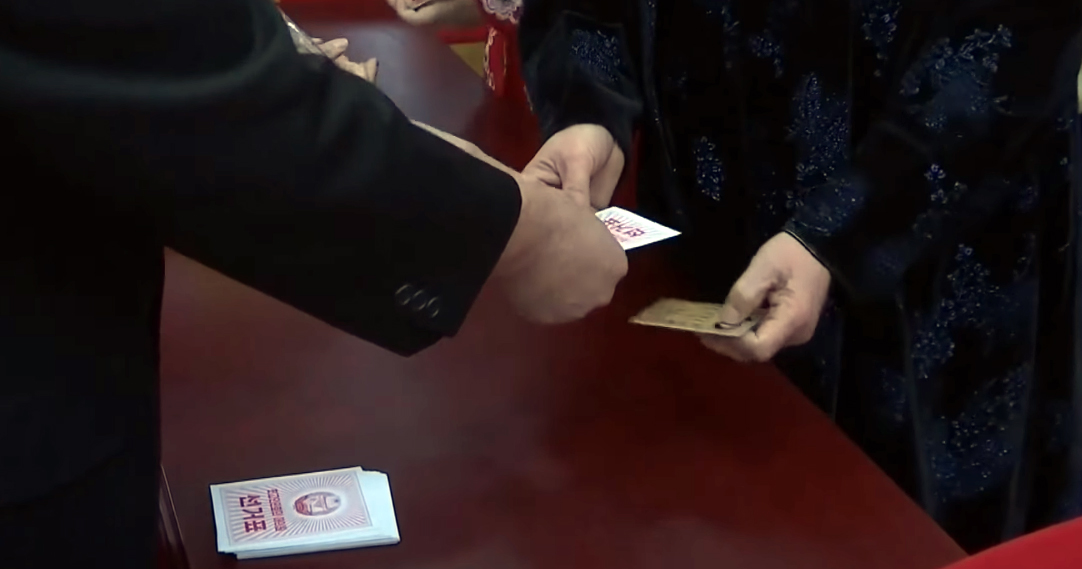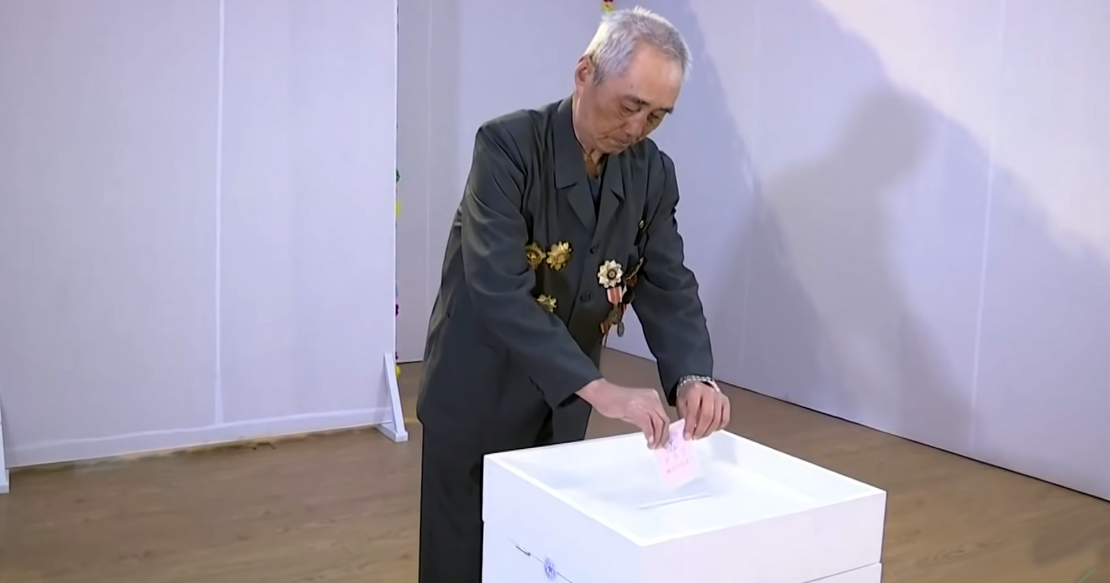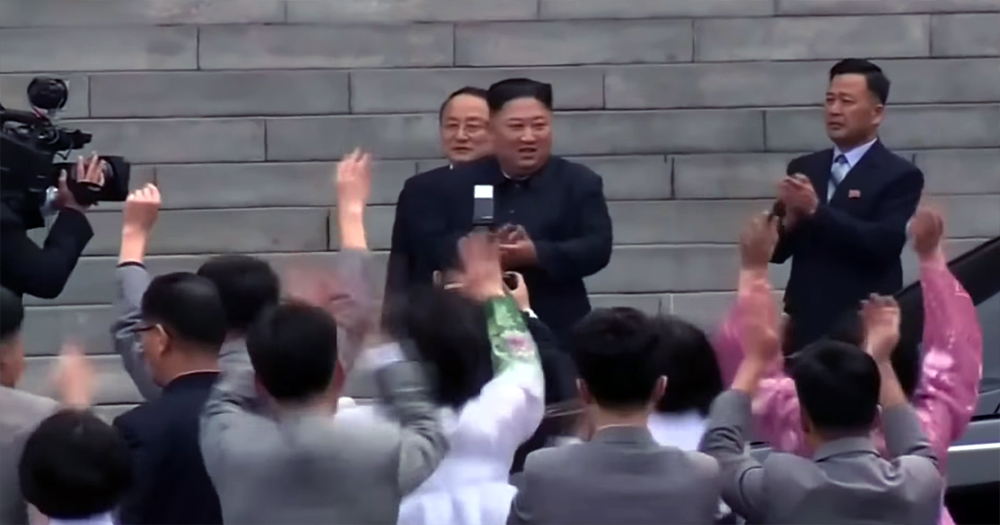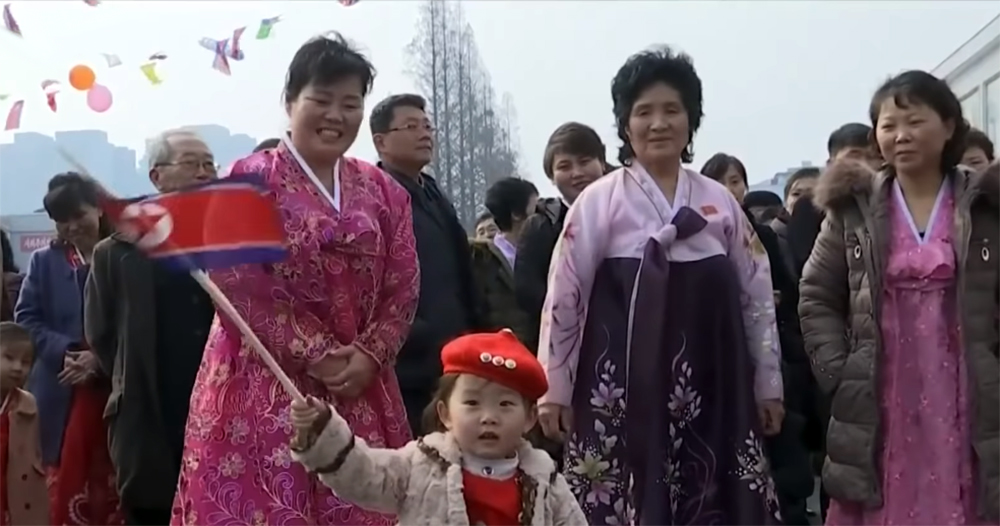At least North Koreans get to vote
Some 99.99 percent of North Koreans showed up at polling stations nation-wide on Sunday, March 10 to cast their vote, which would effectively mean complete victory for supreme leader Kim Jong-un.
State media said on Tuesday, March 12 that this figure improved from the 99.97 percent in 2014, the last time polls were open for the country's signature single-candidate elections.
No competition
Candidates in each district are pre-selected by the ruling party and run unopposed.
Voting is mandatory.
Since there is only one name on each voting paper, it is unlikely anyone would dare to leave their ballot blank.

This means there is only one candidate to choose from in each district -- only one approved name on each voting slip.
There is no voting in secret.

Why vote?
Elections are held once every five years.
People were voting to elect members of North Korea's rubber-stamp national legislative body, the Supreme People's Assembly, which is elected every five years.
The country has been ruled with an iron grip by Kim Jong-un's Workers' Party.
Candidates are drawn largely from the ruling Korean Workers' Party.
There are two smaller parties that also field candidates, but both smaller parties come under the umbrella of the Korean Workers' Party.
Elected members are powerless
Although the assembly has an impressive 687 members in total, in reality they have no real power.
The Supreme People's Assembly meets just once or twice a year to pass laws put forward by Chairman Kim and his State Affairs Commission, the highest state body.
A detailed list of the 687 candidates was not immediately available.
Not all voted
The figure is short of 100 percent as some North Koreans were working abroad.
North Korea's official KCNA news agency reported this year's turnout fell just short of 100 percent as those "abroad or working in oceans" were unable to take part.
Like in 2014, results for the nationwide election held at the weekend came in 100 percent in favour of all named candidates.
Voting for unity
All North Korean citizens aged 17 and older are required to vote in elections.
There are even official election monitors.
"All the electors participated as one in the election to cement our people's power as firm as a rock," KCNA said, citing a report released by the Central Election Committee.
Kim's younger sister and close aide Kim Yo-jong was among the newly elected.

Voting to keep track of citizens' movements
Critics say the North's election is largely a political rite.
It enables the authorities to claim a mandate from the people while reinforcing loyalty to the government and social unity.
Any rejection of political candidates by, for example, crossing out the single name listed or refusing to vote "is interpreted as treason", according Freedom House, a US-based democracy watchdog.
Voting also allows the government to track which North Koreans are absent, as some might have already defected to South Korea or escaped to China.
If you like what you read, follow us on Facebook, Instagram, Twitter and Telegram to get the latest updates.
